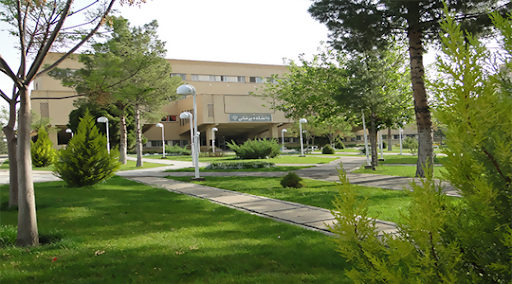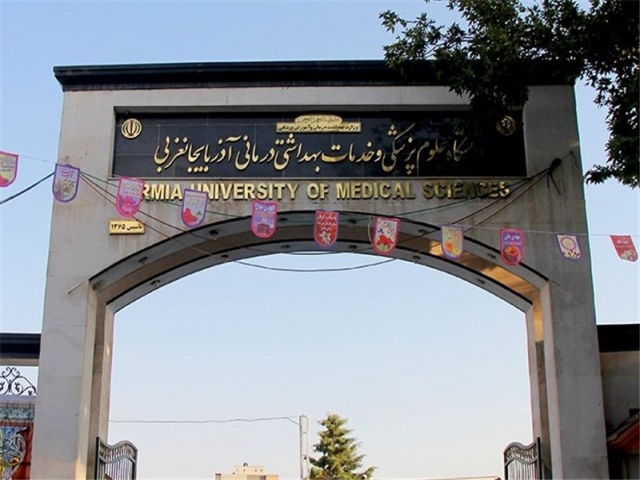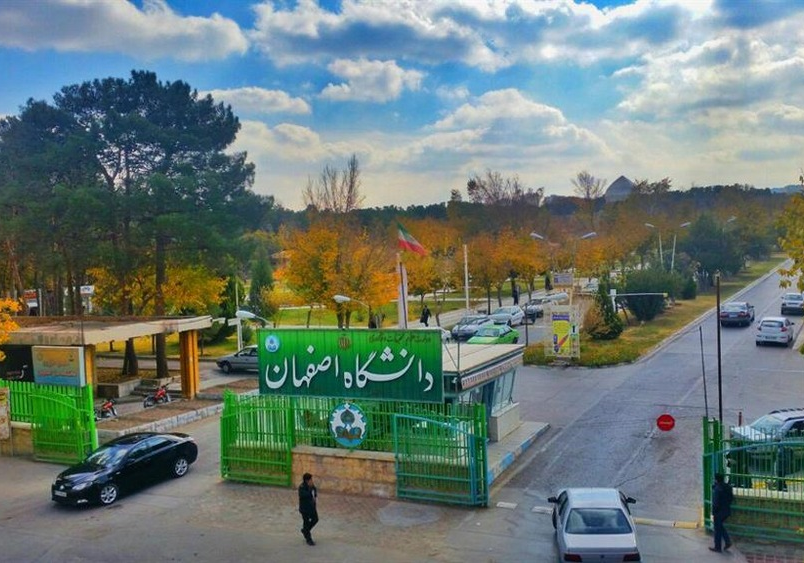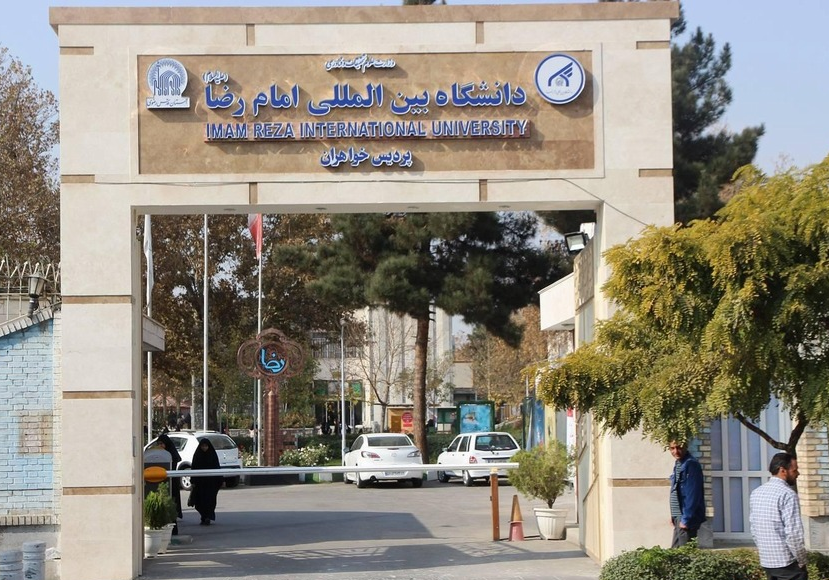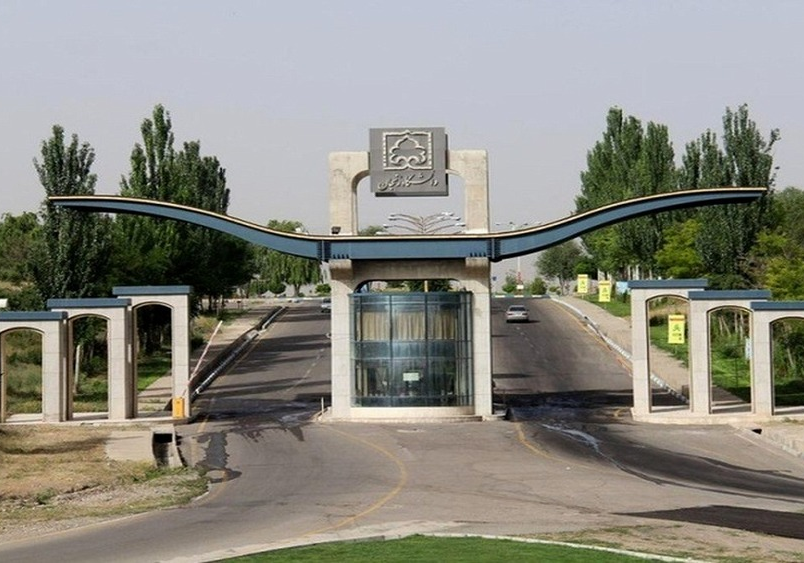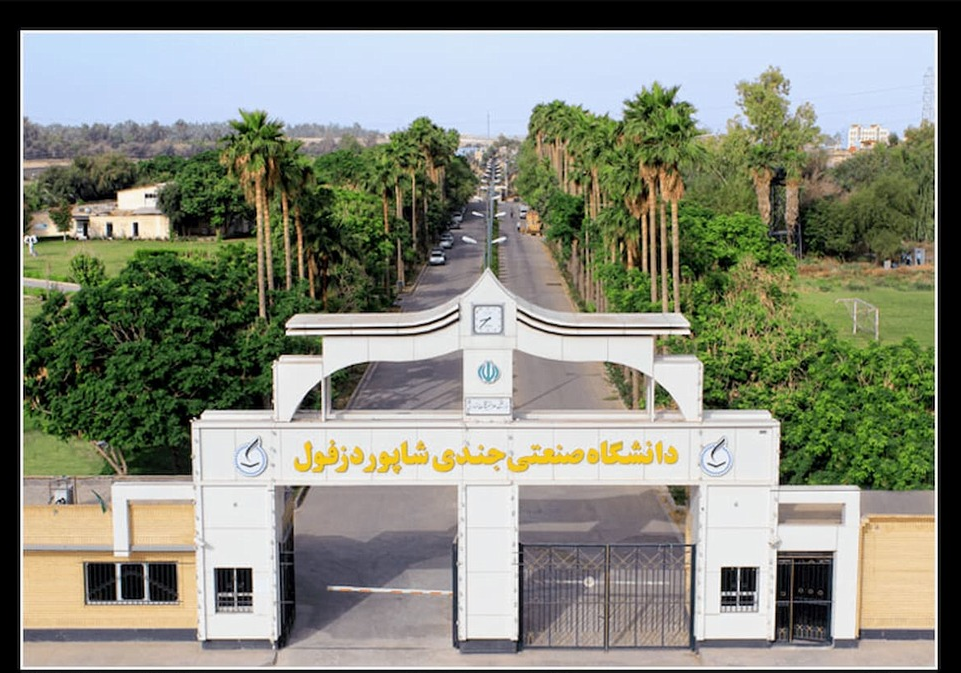
Shiraz University
Shiraz is one of the ancient cities of Iran, whose several thousand-year-old monuments, such as Persepolis and Pasargad, are world-renowned. However, Shiraz’s fame is not merely confined to these spectacular monuments, because, since times immemorial, this city has been the cradle of Iran’s scientific and literary figures such as Hafez and Sa’di, the two great and unique Persian-speaking poets. Shiraz also houses one of the oldest universities of Iran, which is usually among the top five universities of the country in various national and international rankings.
The History of the Shiraz University
The history of Shiraz University dates back to 1946 when an institute called the “Higher Institute of Health” was established in this city. In 1950 it was renamed “School of Medicine” and after the nursing school and engineering and veterinary faculties were founded in 1954, the ground was prepared for upgrading the status of this institution to that of a university.
After being invited to Iran and visiting Iranian universities, Gaylord Harwell, the then president of the University of Pennsylvania, prepared a report on their situation and proposed a model for establishing a new university in Iran. After this report, the government of Iran decided to turn Shiraz University, which was called “Pahlavi University” at that time, into the only scientific institution in Iran that operates according to the American style of higher education. In this way, many institutions and departments of this university were established under the supervision of the University of Pennsylvania, and a number of its faculty members came to Shiraz to teach and conduct research. In 1969, the university expanded and the Faculty of Dentistry, the College of Electronics, and the Faculty of Graduate Studies were added to it. In the same way, a year later, the faculties of law and education were founded to make it one of the largest universities in Iran.
Students and Faculties
Presently, 630 fields of study are taught in three levels of bachelor’s, master’s, and doctorate at Shiraz University, and the number of its full-time faculty members stands at 720. So far, more than 140,000 people have graduated from this university, and more than 16,000 people are engaged in pursuing their higher education in various courses.
The university has 15 faculties and five research institutes of social sciences, nanotechnology, biotechnology, offshore oil and gas industries and astronomy, astrophysics, and technology of astronomical instruments. 17 research centers and groups have been established in various fields such as atmospheric and ocean research, Islamic culture, drought studies, botany, intelligent image monitoring and machine vision, children’s literature, radiation research, and bird diseases.
International Position of Shiraz University
Shiraz University has been introduced as one of the top five universities in Iran in most of the university rankings of the world. In the Shanghai Ranking, Shiraz University was ranked 401 to 500 in the fields of chemical engineering, agricultural science, clinical medicine, public health, and geology. Similarly, it was ranked 301 to 400 in the field of electrical engineering, 201 to 300 in the fields of instrument science and technology, and food science and technology, and by acquiring the rank of 101 to 150 it was regarded as one of the top universities in Iran in the field of water resources.
In the QS Ranking of 2023, Shiraz University was introduced as the fifth-best university in Iran with a global ranking of 751 to 800. The interesting thing to note is that among the top five Iranian universities in this ranking, only Shiraz University is located in a city other than the capital.
In other ranking systems, too, Shiraz University has gained good positions among Iranian universities. In the ISC Ranking published in 2021, Shiraz University was among the top universities in Iran in natural sciences with a rank of 601 to 700, and in “medical and health sciences” and “engineering and technology” it was ranked 501 to 600. Also, in the field of agricultural sciences, this university is the second-best in Iran (after the University of Tehran) by achieving a world ranking of 193.
In the Webometric Ranking, Shiraz University has been introduced as the eighth-best university in Iran by being ranked 878th in the world.
Finally, in the national ranking system of Iranian universities based on the number of articles published domestically, Shiraz University is ranked 8th.
| JIna | Shiraz University |
| Nchi | Iran |
| Uorodheshaji wa Vyuo Vikuu Duniani | 301 |
| Jumla ya idadi ya wanafunzi | 16000 |
| Anwani | 071-36134000 |
| Tovuti | https://shirazu.ac.ir/ |
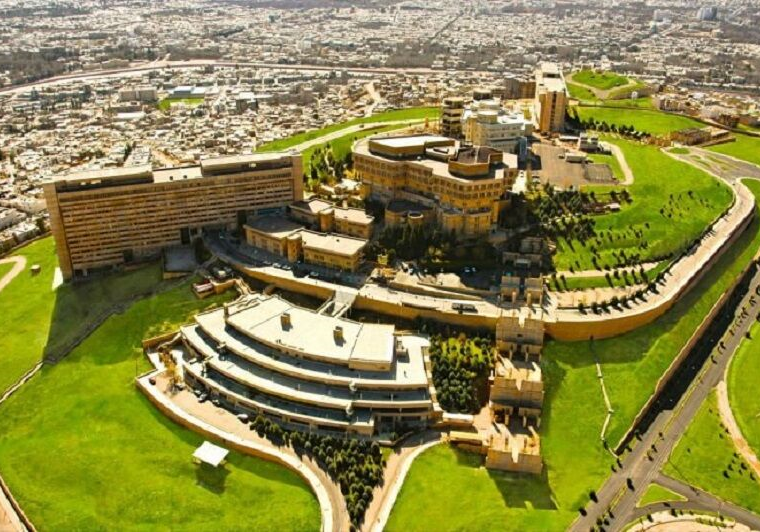
-1_1_2.jpg)
_1_2.jpg)
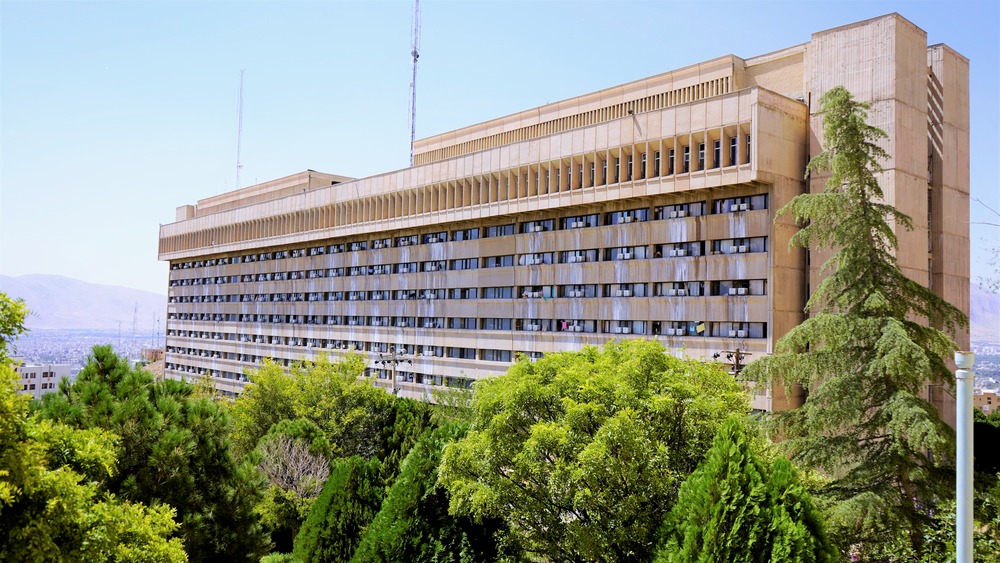
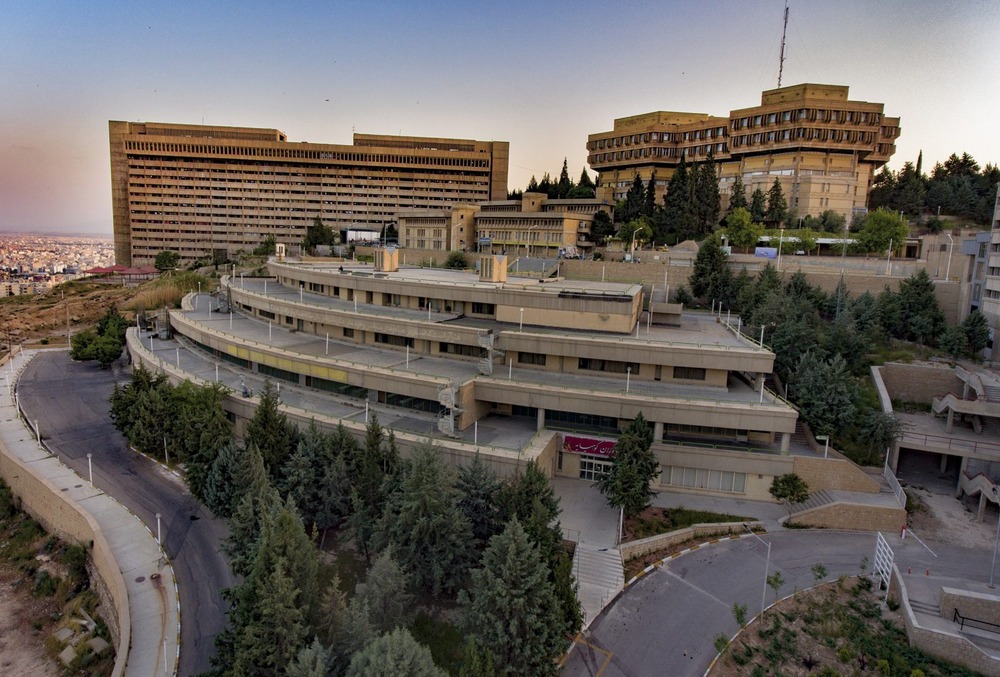
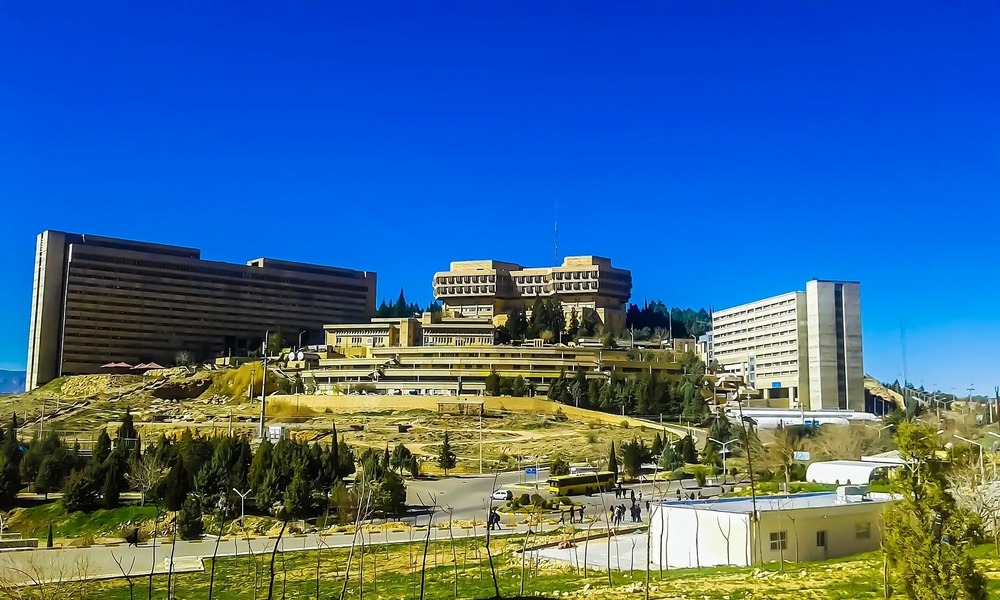

-1_1_2.jpg)
_1_2.jpg)




Shiraz University of Technology
Shiraz is one of the important cities in the south of Iran and is the house to such industries as electronics, refineries and petrochemicals, cement, rubber, dairy, textiles, and power plants. Being known as one of the industrial hubs of Iran and since the presence of a technical university in it was considered a necessity, Shiraz University of Technology was established several decades ago and has continued to grow and expand.
History and Structure
Shiraz University of Technology is considered to be the first university of technology in southern Iran. It was initially one of the colleges of Shiraz University, which was established in 1968, entitled “Electronic Industry College”. This college continued its activities for several decades and was eventually promoted to being the “Shiraz University of Technology” in 2004.
Presently, the following 10 departments operate in this university:
Electrical and Electronics Engineering: Being the cornerstone of the formation of the university, this largest department of the Shiraz University of Technology admits students in three majors of electronics, control, and telecommunications at the undergraduate level and six majors of electronics, power (system and energy and power electronics), control and telecommunications (field and system) at the postgraduate level. The Ph.D. students of this department pursue their higher education in four fields of electronics, power, control, and telecommunications.
Computer Engineering and Information Technology: This department was created at the time when the Electronic Industry College was promoted to being the Shiraz University of Technology. Three educational groups of “Information Technology”, “Software” and “Network and Computer Architecture” operate in this department.
Mechanical Engineering: Established in 2005 with the aim of supplementing the courses required by the university, this department admits students at two levels of postgraduation (four majors “energy conversion”, “applied design”, “mechatronics” and “aerodynamics”) and doctorate (two majors “energy conversion” and “applied design”). The creation of the fast computing center, the wind tunnel test laboratory, and the mechatronics laboratory has been done with the aim of supporting the research projects.
Civil and Environmental Engineering: The earthquake group of this department is active in the field of modern earthquake studies, design and construction of space structures, retrofitting of buildings, seismic of vital arteries, and designing of special buildings. This department also admits students in two postgraduate courses.
Mathematics: This department was initially one of the educational groups of the Department of Basic Sciences, but in the process of expansion of the university it became an independent department and began to admit students in 2012.
Chemical, Oil, and Gas Engineering: The presence of chemical industries and refineries in Shiraz has made chemical engineering one of the important fields of higher education at Shiraz University of Technology.
Materials Science Engineering: This department was started in 2009 by admitting students at the postgraduate level in electroceramics. This field is focused on making ceramic materials with electrical, optical, and magnetic properties. Courses related to “Corrosion and Metals” and “Identification and Selection of Items” are also offered at the postgraduate level.
Chemistry: This department admits students to two majors: “Physical Chemistry” and “Pharmaceutical Organic Chemistry”. The Department of Chemistry was initially one of the groups of the Department of Basic Sciences. Three active laboratories of this faculty help students in their research activities
Physics: The research and educational activities of this department, which was founded in 2004, are planned in three branches: “Photonics”, “Condensed Matter”, “Atomic Molecular Physics” and “Solid State Physics”.
Industrial Engineering: This department, which is one of the youngest, was established in 2011 and began to admit students at the postgraduate level. Presently, students are also admitted to this department at the undergraduate level in order to meet the needs of regional industries for manpower in production, transportation, health and treatment systems, and financial and energy systems.
International Position of Shiraz University of Technology
The ranks achieved by this university in the world ranking systems confirm that the Shiraz University of Technology is one of the top technical universities of Iran. Ranked 301 to 400 by the Shanghai Ranking makes this university one of the top Iranian universities in electrical engineering. Similarly, ranking 601 to 800 in the Times Ranking, it was named as the 20th top university of Iran.
| JIna | Shiraz University of Technology |
| Nchi | Iran |
| Uorodheshaji wa Vyuo Vikuu Duniani | 301 |
| Aina | Kiserikali |
| Jumla ya idadi ya wanafunzi | 1100 |
| Anwani | 071-37355401 |
| Tovuti | http://www.sutech.ac.ir/ |
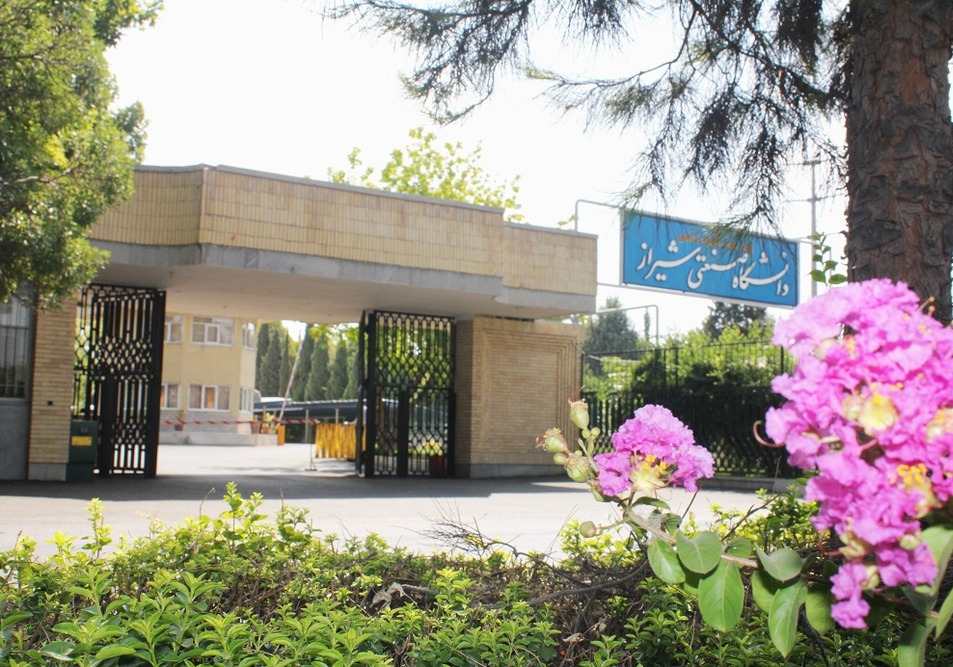
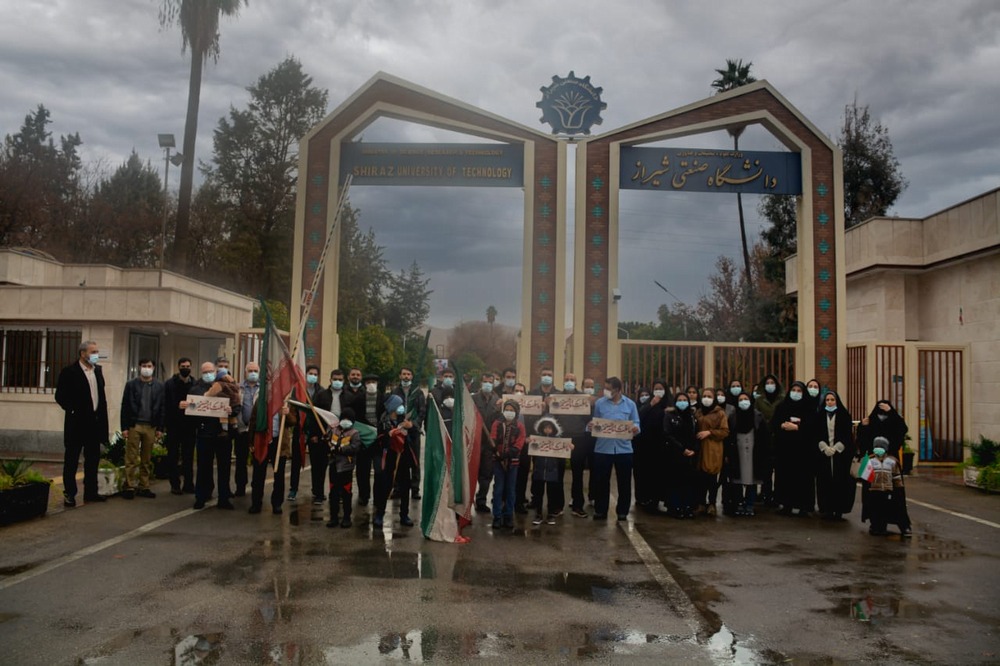
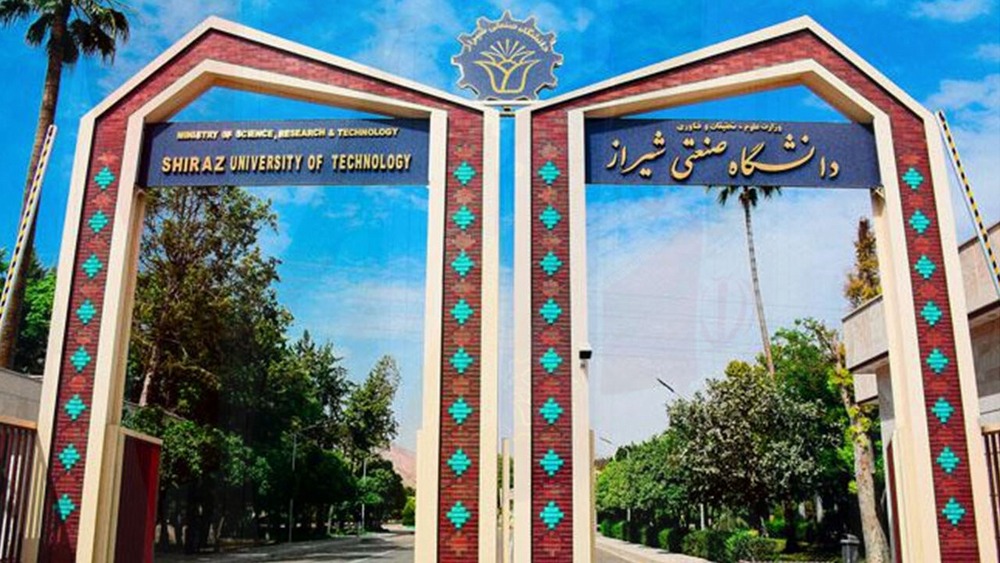
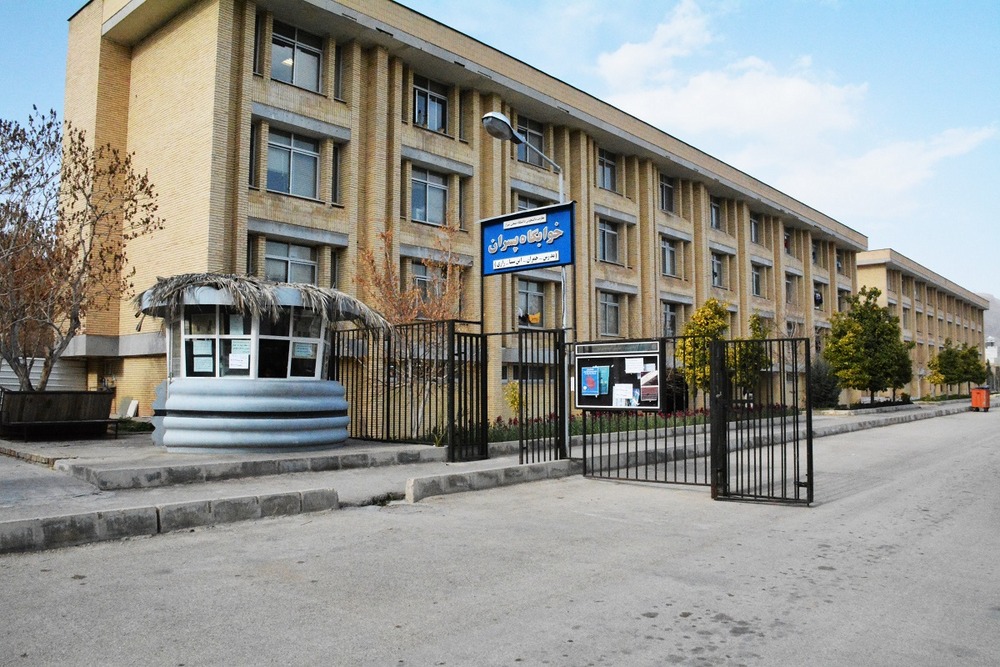
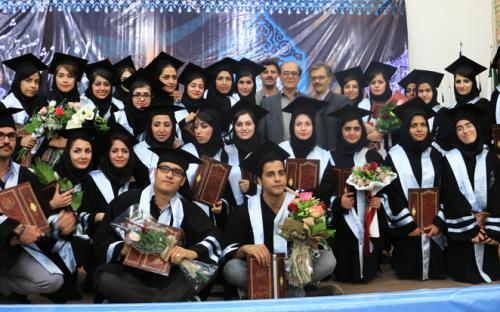
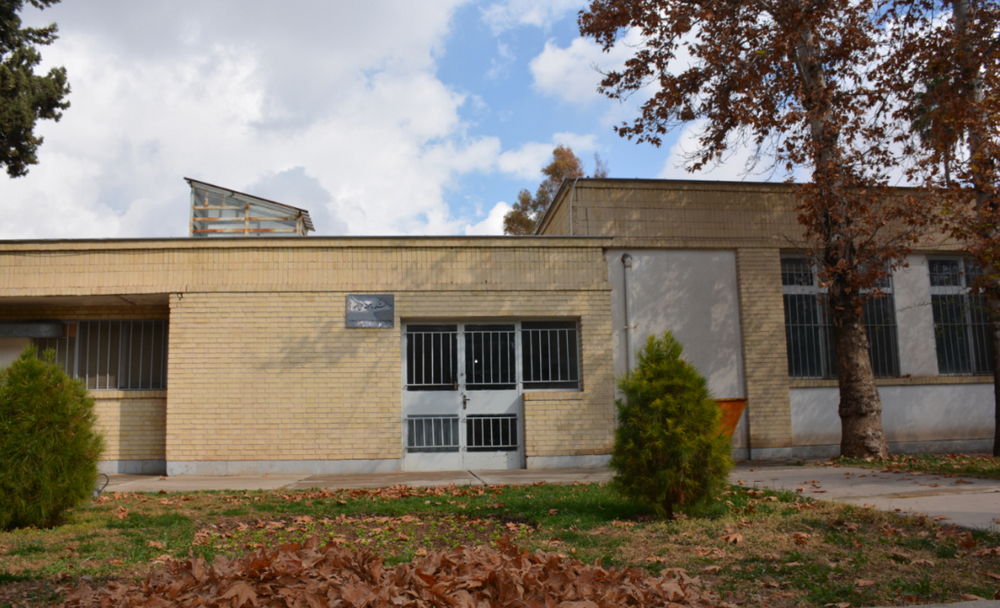
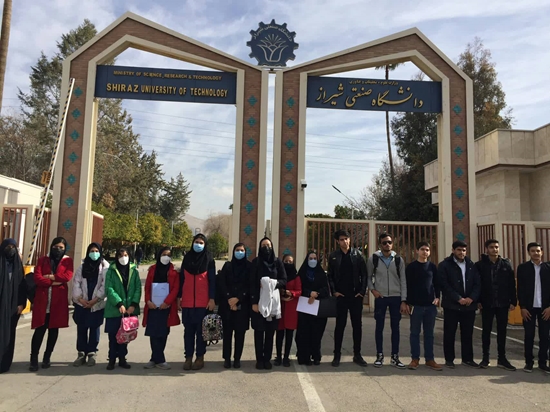
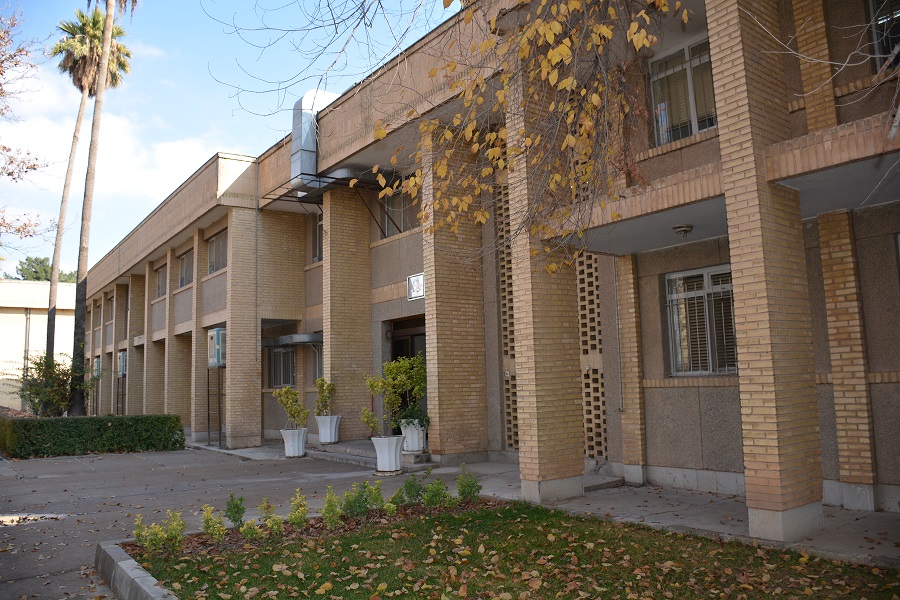
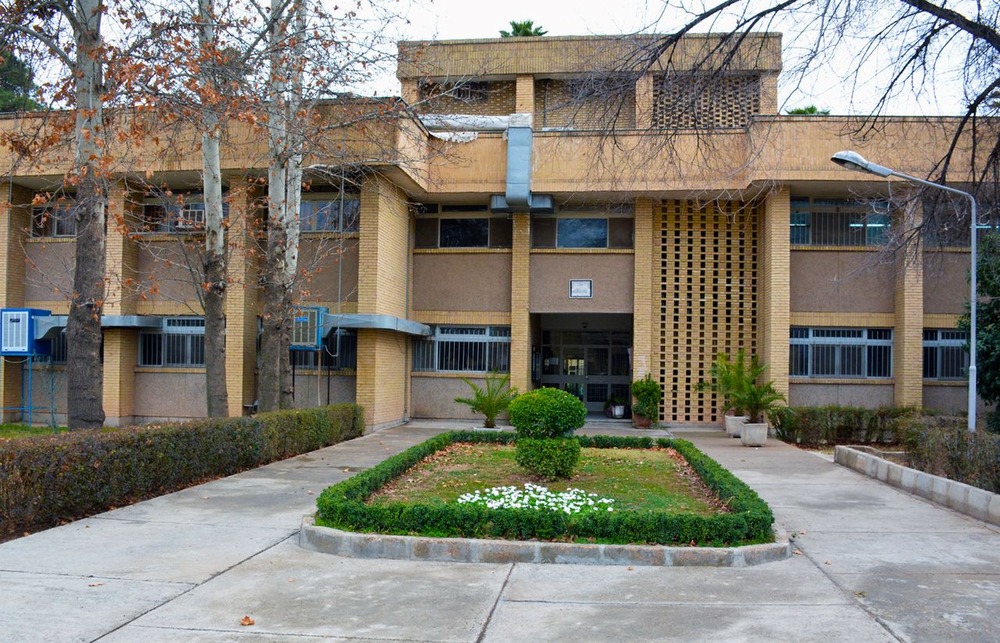










Shiraz University of Medical Sciences
Shiraz University of Medical Sciences, the largest university of medical sciences in Fars province, has the main role in the process of educating and training students of medical sciences and providing healthcare services in this province.
History of Shiraz University of Medical Sciences
Shiraz University of Medical Sciences (SUMS) was initially established in 1946 as a Higher Health Education Center to educate medical experts within four years. Three years after its establishment, this center became a “Medical School” and continued to operate as one of the faculties of Shiraz University. With the establishment of the Higher School of Nursing and Midwifery in 1953, the activities of this faculty expanded. By 1976, seven other schools, including the School of Nursing, the School of Dentistry, the School of Nutrition and Food Sciences, the School of Health, the School of Paramedical Sciences, the School of Pharmacy, and the School of Rehabilitation Sciences, were also founded in this faculty and after a law was passed on the separation of universities of medical sciences from comprehensive universities Shiraz University of Medical Sciences was officially established in 1986.
Educational and Research Activities of Shiraz University of Medical Sciences
Presently, more than 10,000 students follow their higher education in 91 fields at Shiraz University of Medical Sciences under the supervision of 782 full-time faculty members in the following schools on the main campus of this university:
School of Medicine
School of Dentistry
School of Pharmacy
School of Paramedical Sciences
School of Nursing and Midwifery
School of Rehabilitation Sciences
School of Advanced Medical Sciences and Technologies
School of Health
School of Health Management and Information Sciences
School of Nutrition and Food Sciences
In 2008, this university developed a strategic plan and prepared the required infrastructure in the form of a virtual faculty for providing online education to applicants all over Iran in a coherent manner.
In addition to the schools located on the main campus of the university, the other schools of medical sciences affiliated with this university are the “Higher Health Education Complex” in Mamasani, the “Baqir ral-Ulum Higher Health Education Complex” in Sepidan, the “Paramedical Faculty” of Darab, the “Paramedical Faculty” of Estehban, “Hazrat Umm al-Banin Nursing School” in Lamard, and “Hazrat Zahra (SA) Nursing School” in Abadah.
The Comprehensive Center for Stem Cells and Regenerative Medicine is one of the main research centers of Shiraz University of Medical Sciences, which was founded in 2017. In addition, 54 other research centers operate under the supervision of this university.
Several growth centers have also been formed at the university to provide facilities and support services to entrepreneurs and small and medium units that come up with creative ideas and can commercialize them. These centers provide services in the fields of "Biotechnology", "Medical Equipment", "Medicinal Plant Products and Traditional Medicine", "Information Technology", "Technological Units of Pharmaceutical Products" and "Tissue Engineering and Stem Cells".
International Position and Activities of Shiraz University of Medical Sciences
In the Shanghai ranking published in 2023, Shiraz University of Medical Sciences was ranked 401 to 500 and one of the top universities in Iran in the fields of clinical medicine and public health. Similarly, according to the Times ranking announced in 2023, Shiraz University of Medical Sciences was ranked 801 to 1000 and 28th among all universities in Iran. In this ranking system, this university has been ranked 12th among universities of medical sciences in Iran. In the 2021 ISC ranking system, too, Shiraz University of Medical Sciences had been ranked 501 to 600 and one of the top universities in Iran in the field of medical and health sciences.
This Iranian center of higher education publishes a call for admitting foreign students every year. According to the announcement made by the university officials, in the call that was published for the admitting foreign students in the academic year 2022-2023, applications were received from 42 countries of the world and, finally, 80 foreign students were given admission.
| JIna | Shiraz University of Medical Sciences |
| Nchi | Iran |
| Uorodheshaji wa Vyuo Vikuu Duniani | 401 |
| Aina | Kiserikali |
| Jumla ya idadi ya wanafunzi | 11000 |
| Idadi ya wanafunzi wa kigeni | 80 |
| Anwani | 07132305410 |
| Tovuti | https://sums.ac.ir/ |
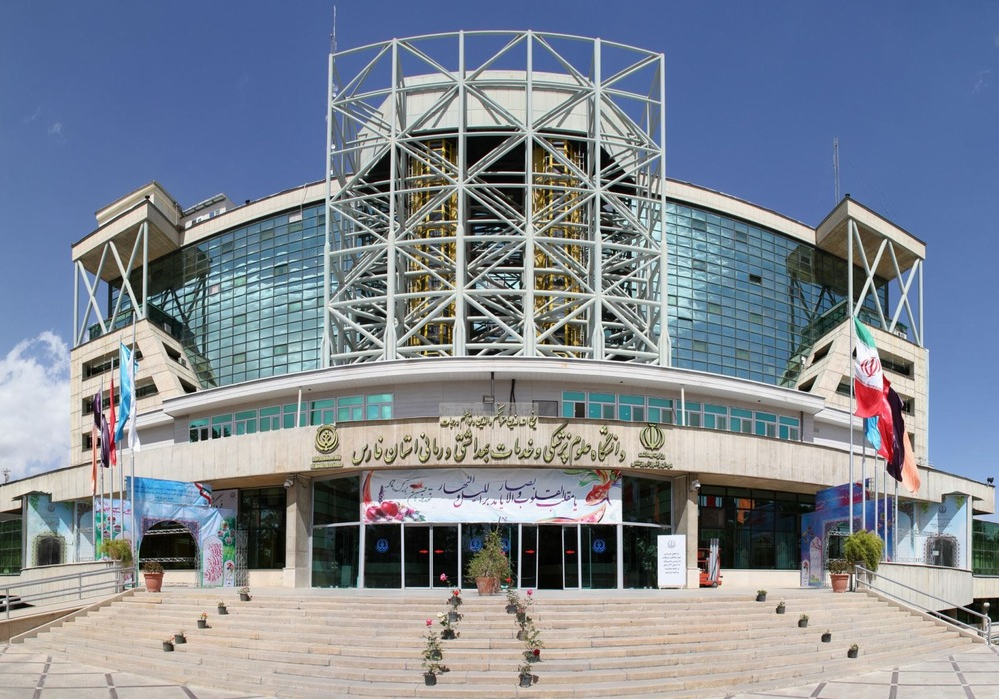
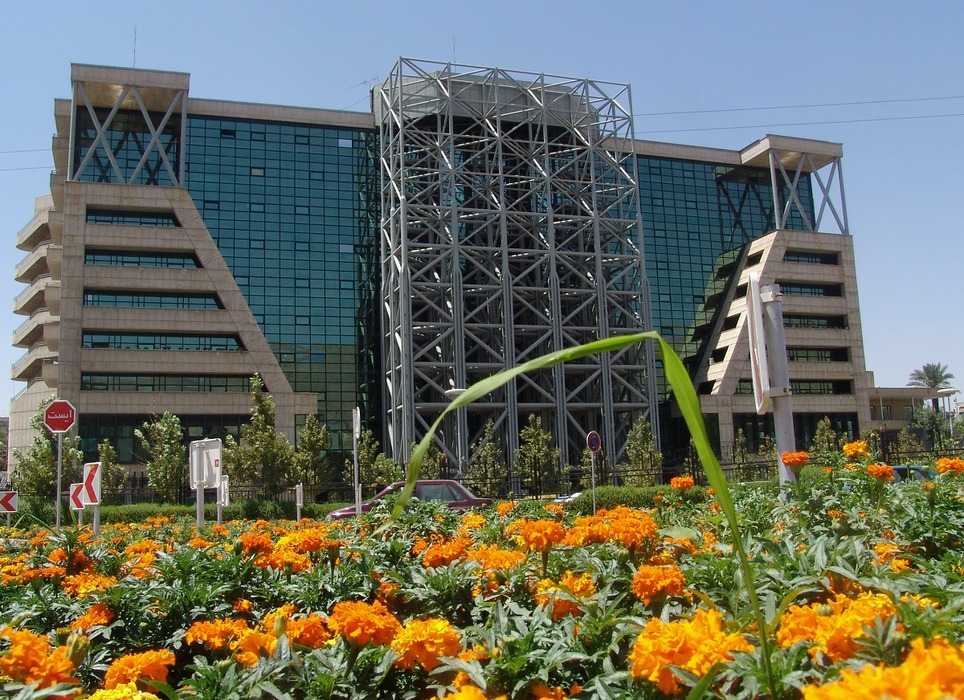
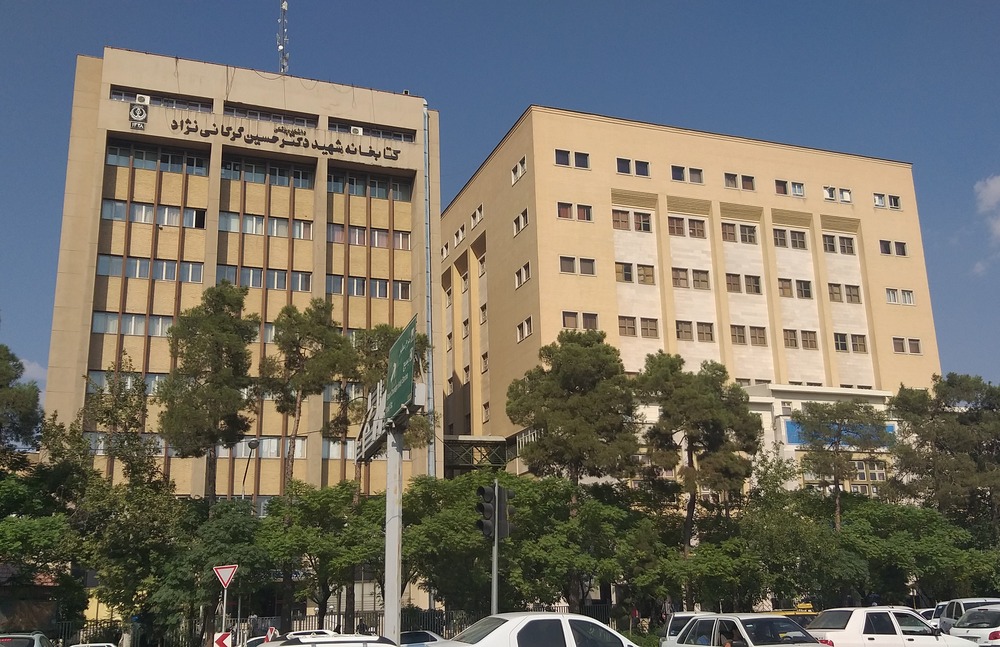



Chagua Kwa Umakini
Upofu wa Nyekndu Upofu wa Kijani Upofu wa bluu Nyekundu Ngumu Kijani Ngumu Kuona Buluu Ngumu Kuona Monochrome Monochrome maalumMabadiliko ya ukubwa wa maandiko:
badilisha nafasi za maneno:
Badilisha urefu wa mistari:
Badilisha aina ya panya:
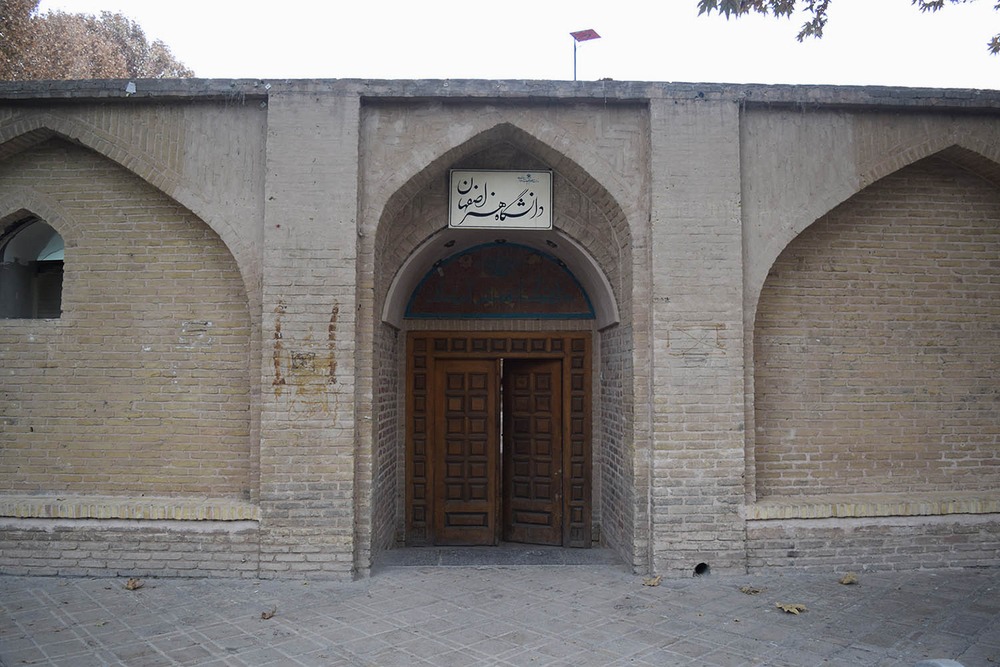

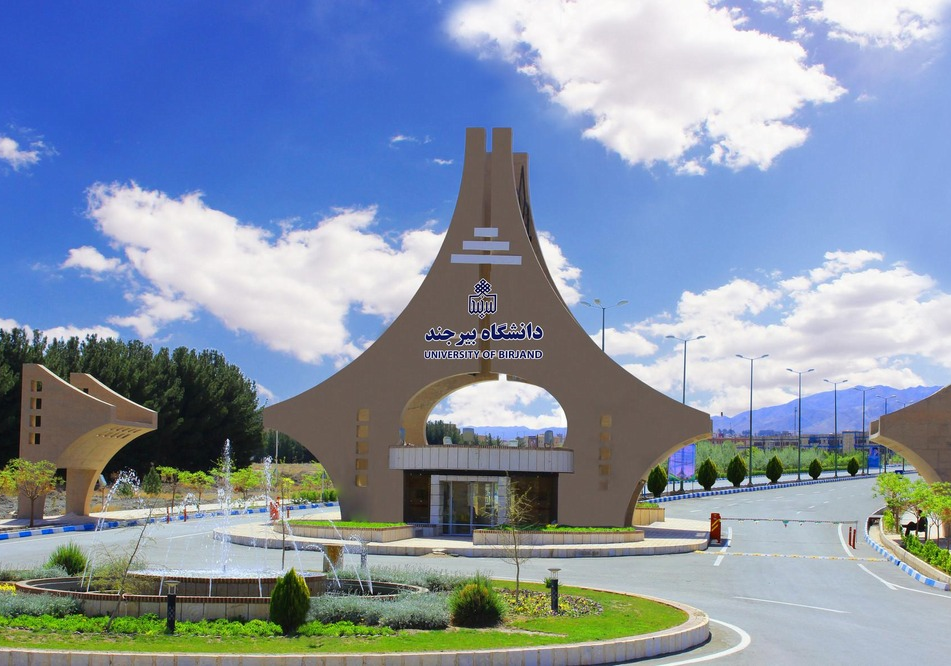
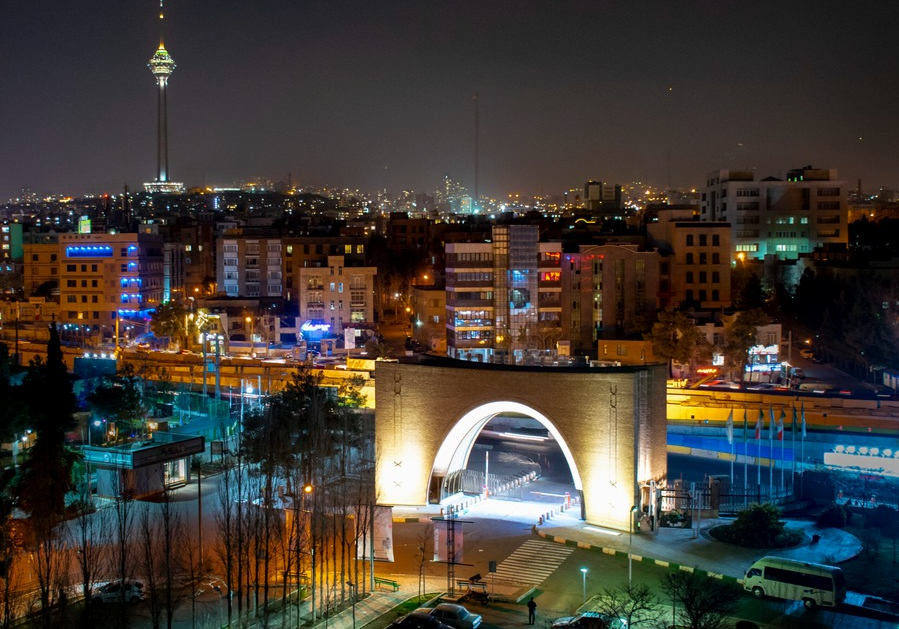
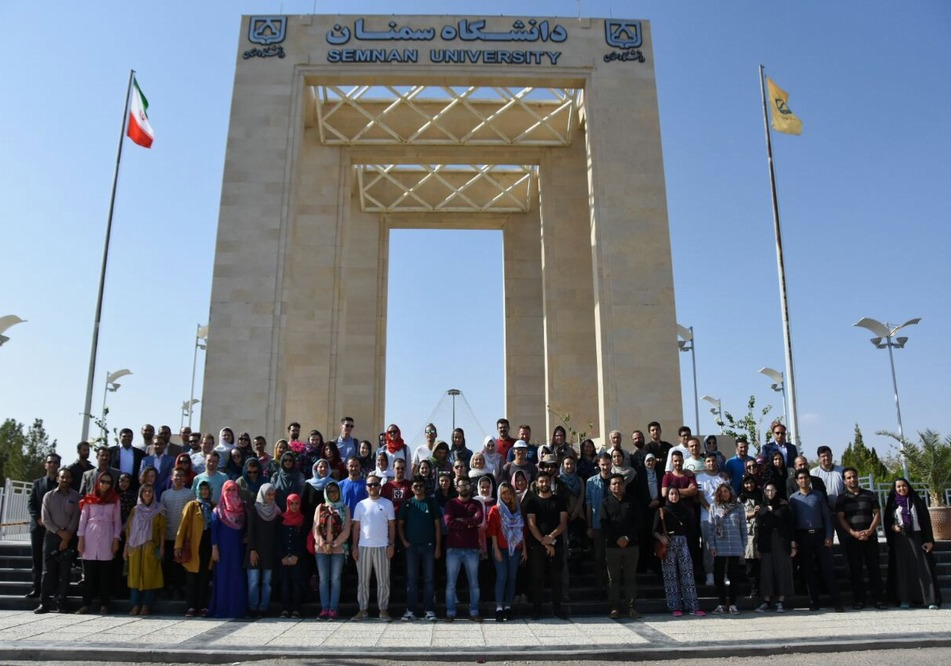

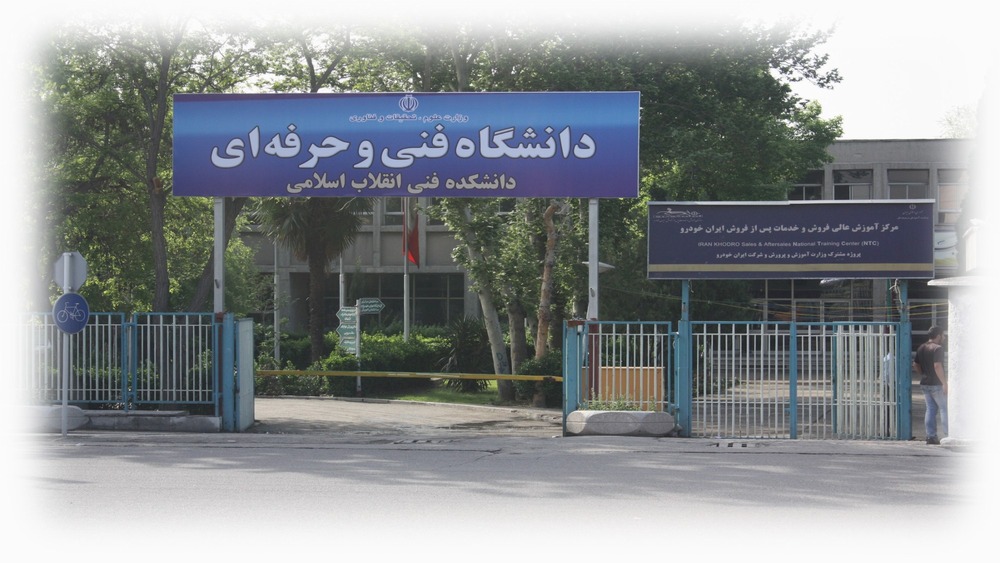
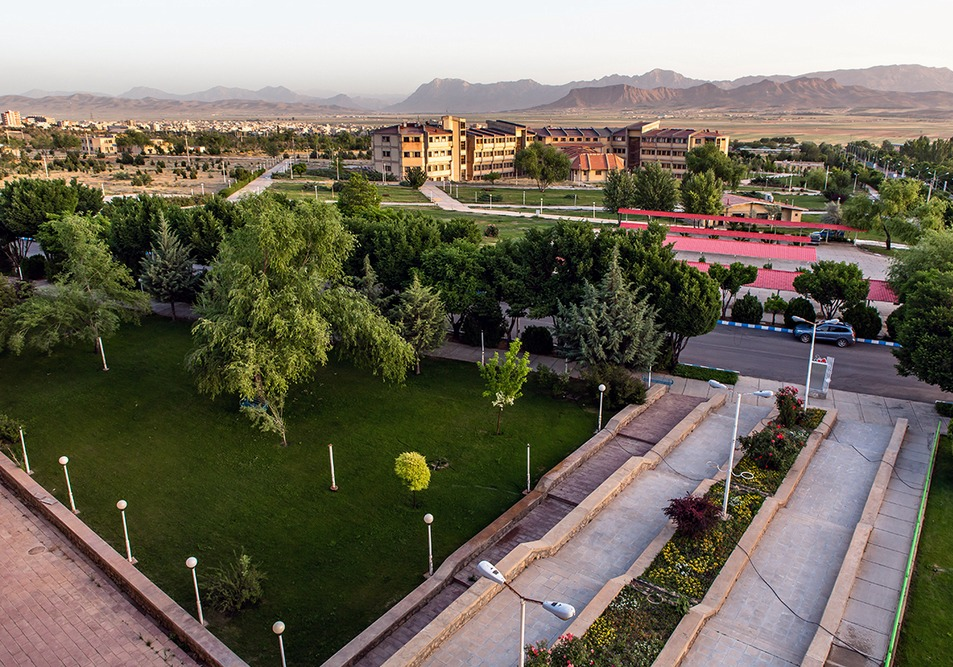
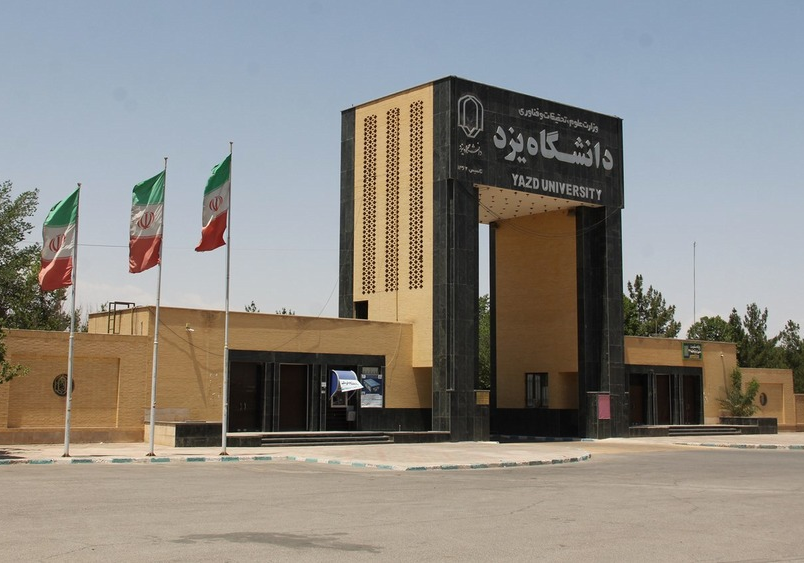
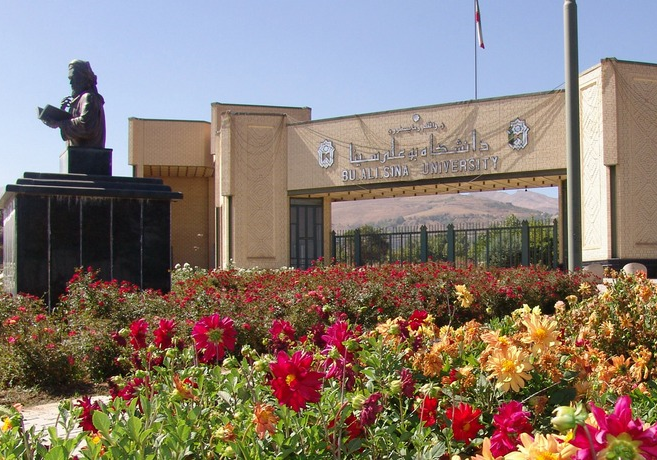
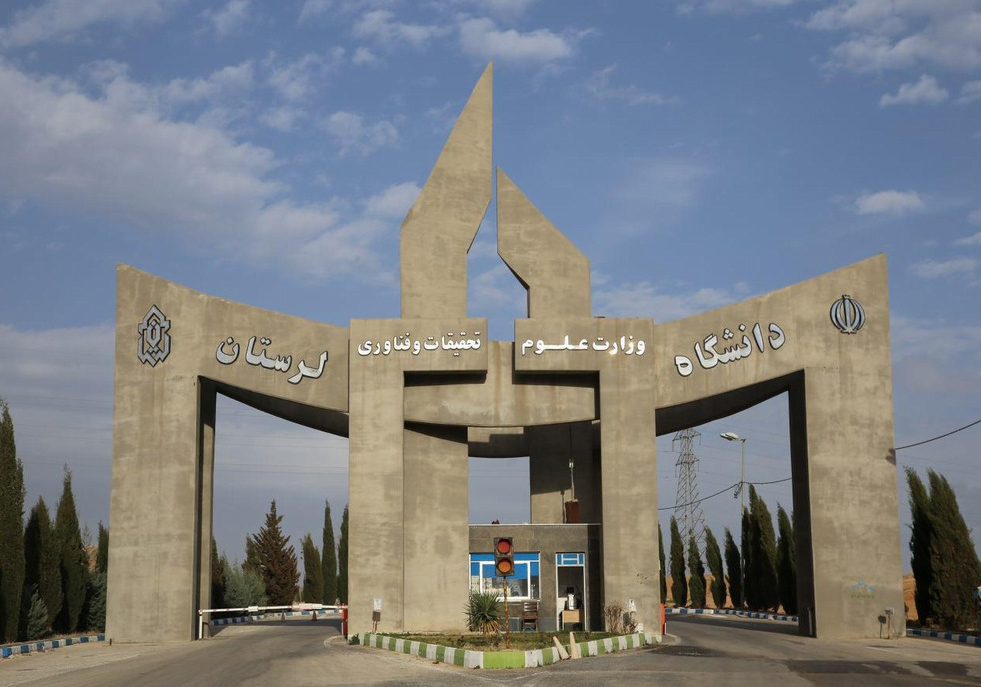
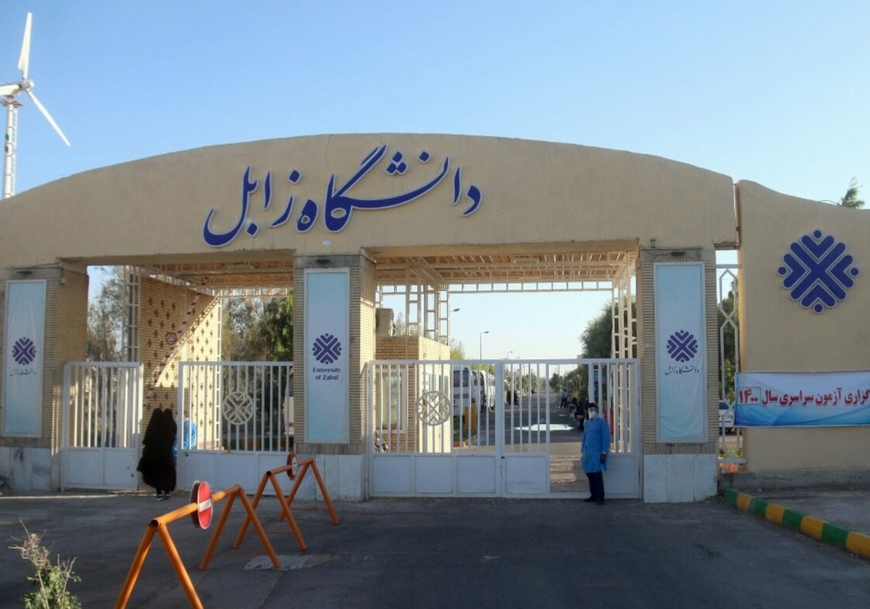
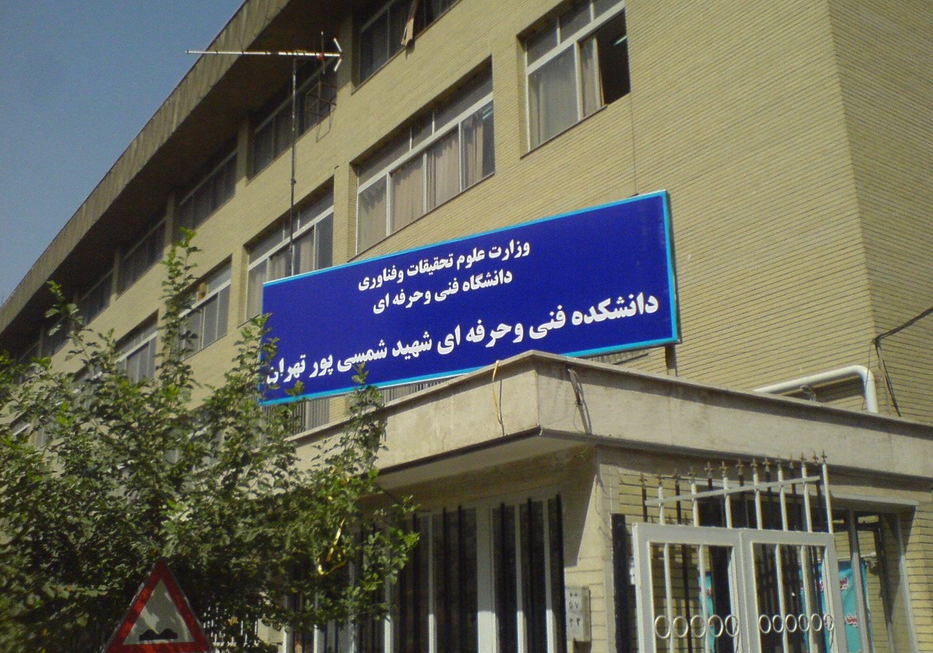
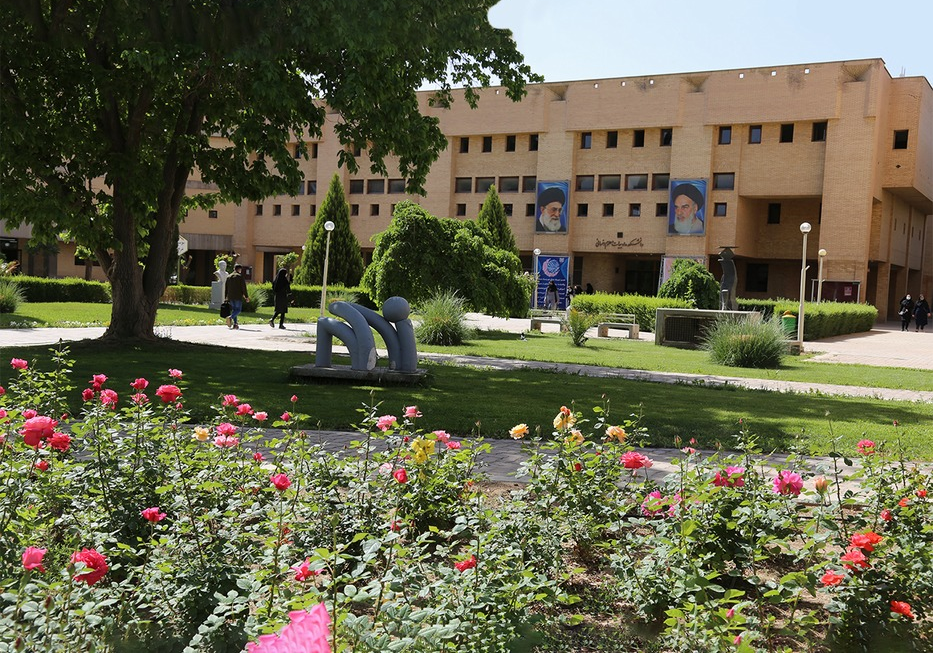
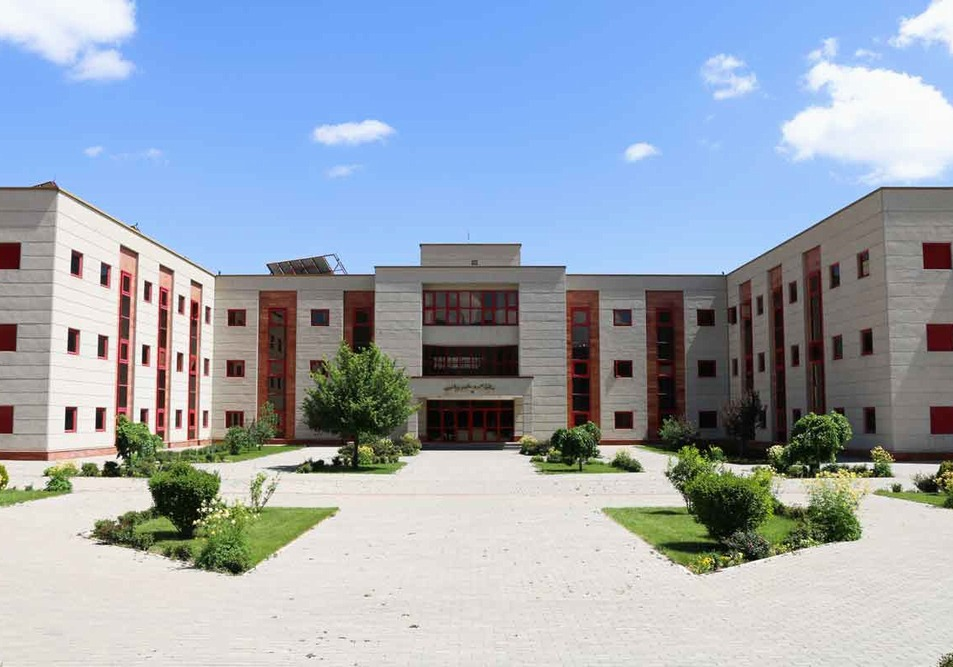
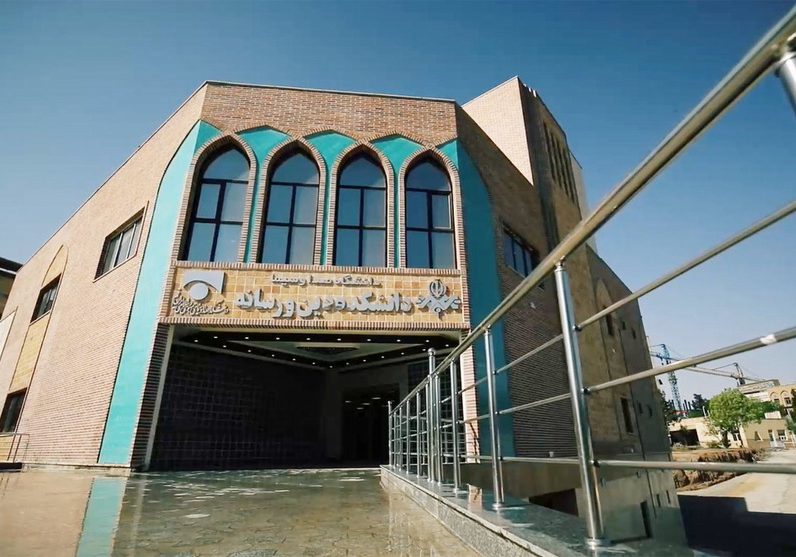
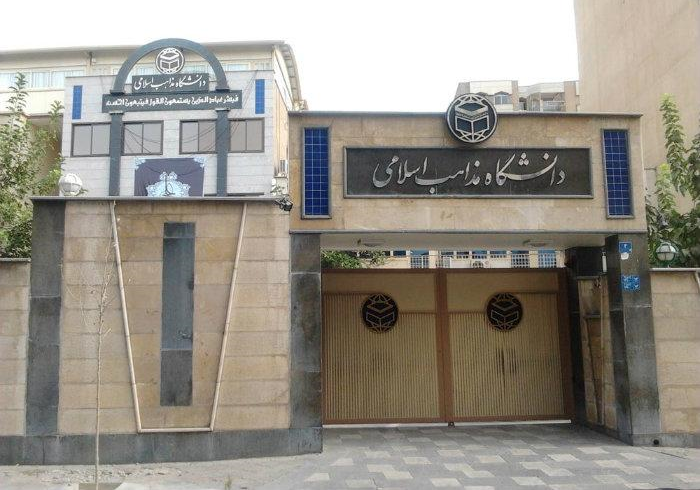

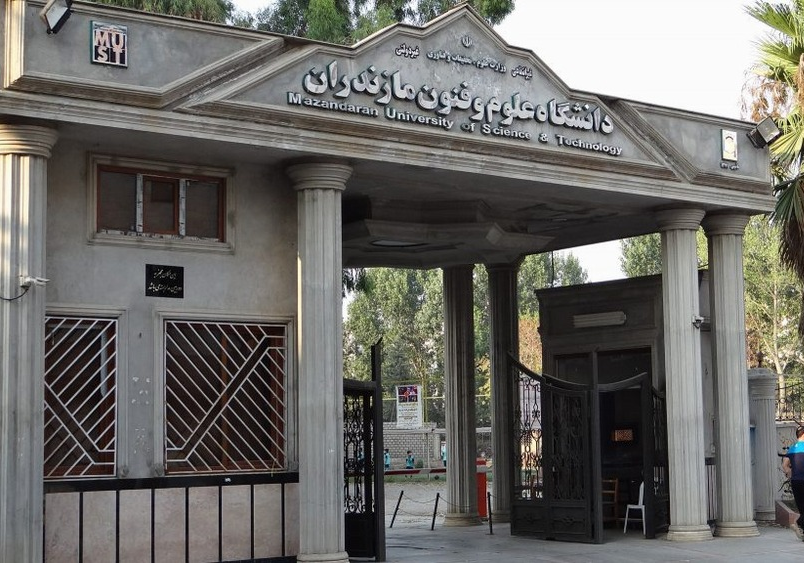
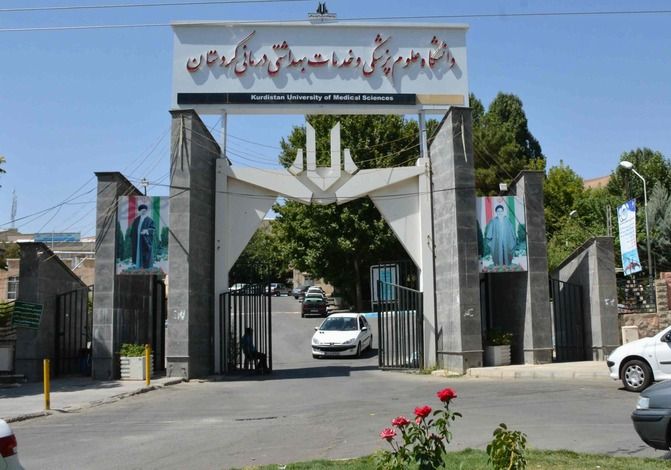
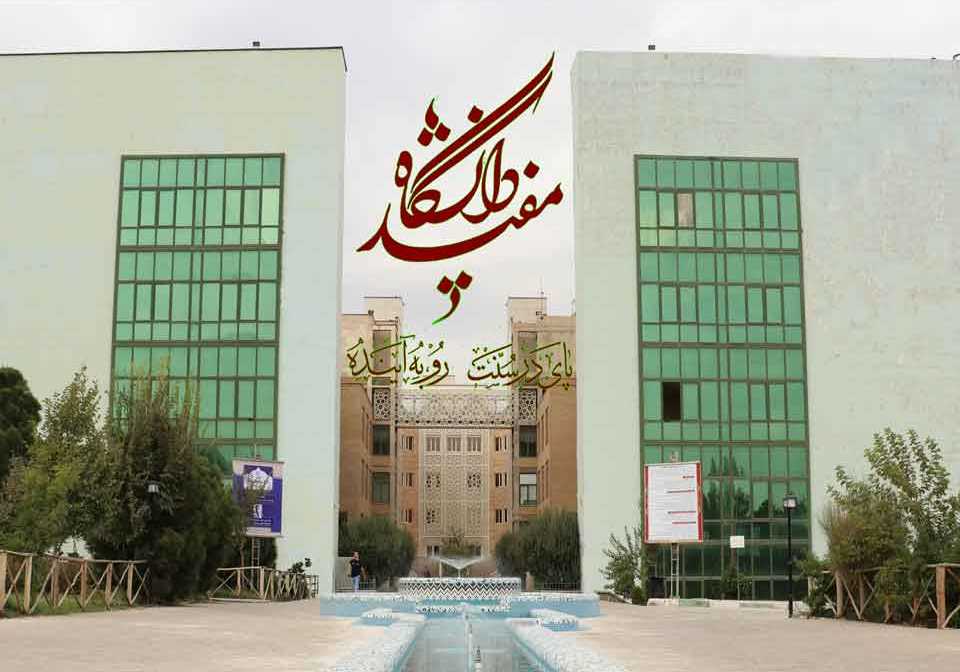
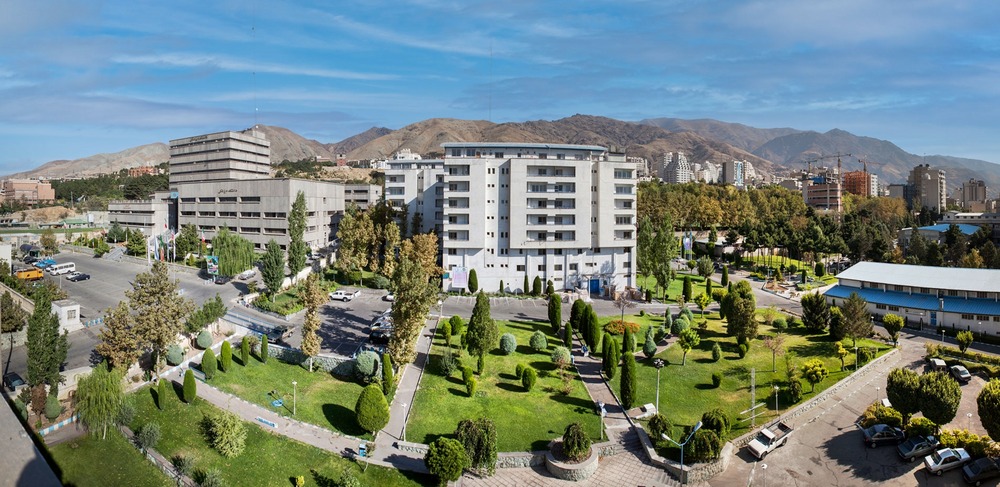
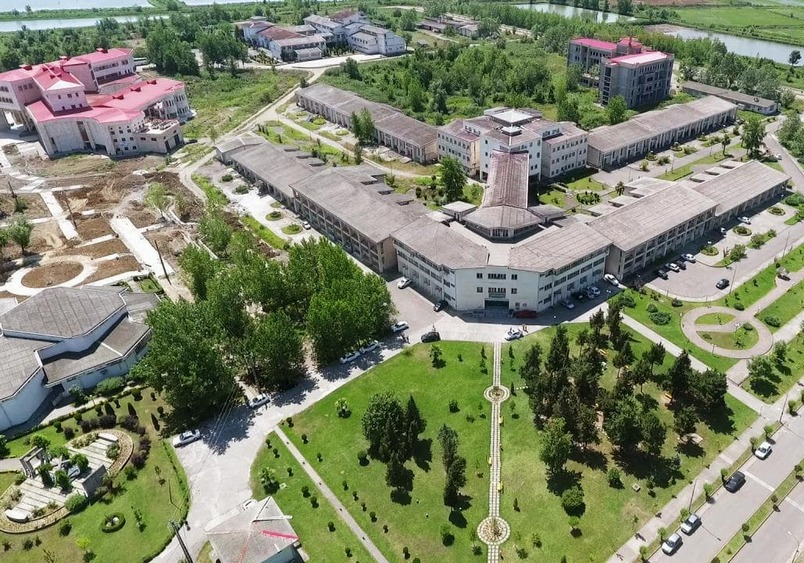
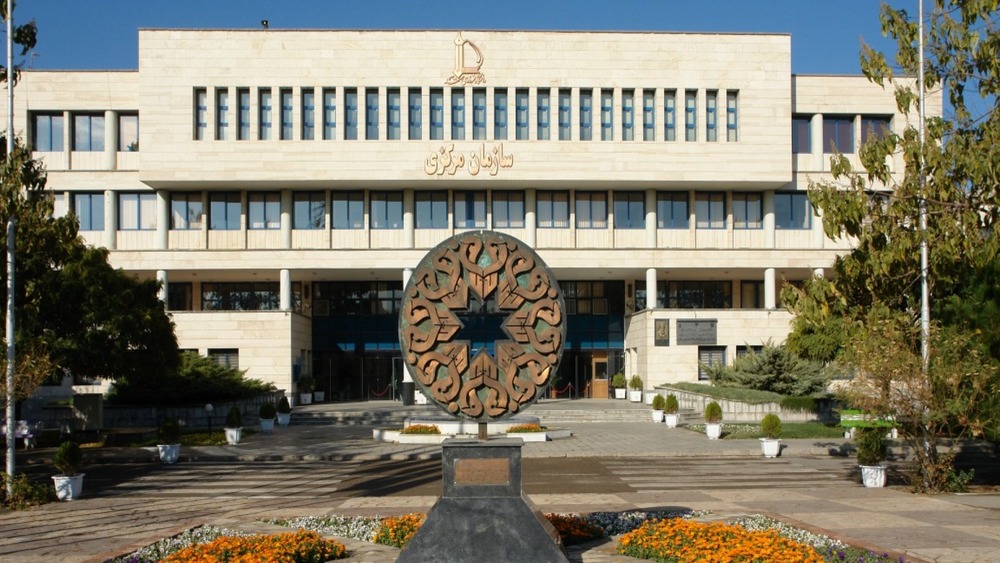
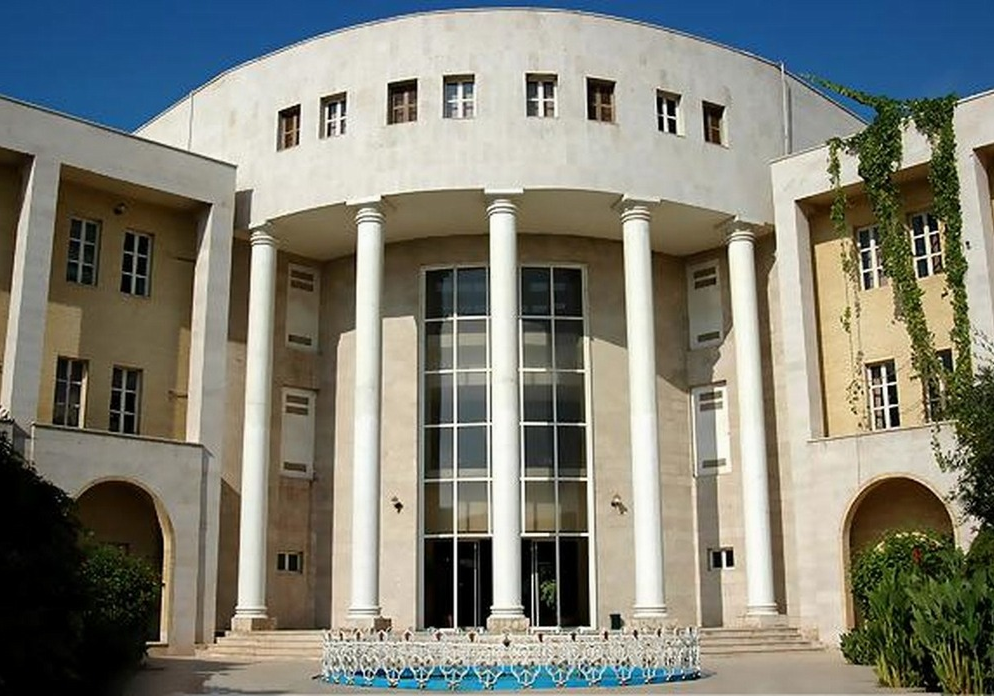
_crop_crop_1_2.jpg)
